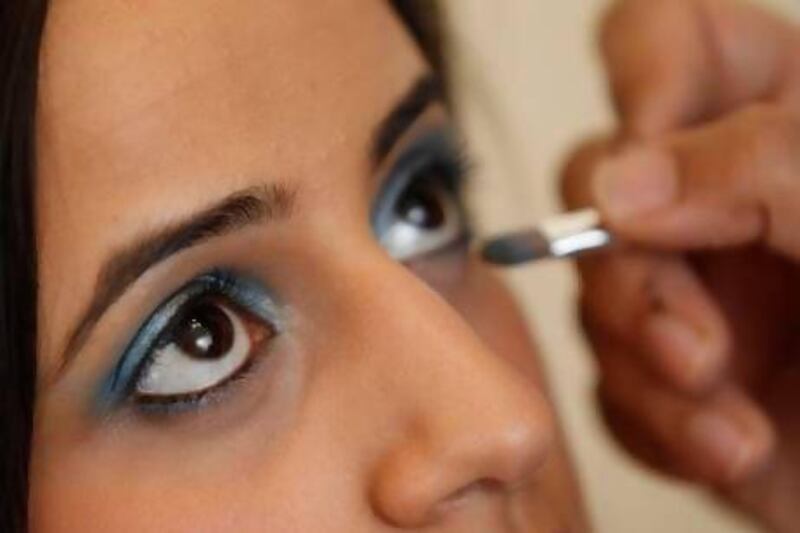When people talk of halal - meaning permitted - the first thought goes to meat, as animals must be slaughtered according to Quranic prescription. Pig products and alcohol are inherently haram, meaning forbidden. In between these two poles is a grey area, where products and services are coming under increasing scrutiny for their ingredients and the manufacturing processes used.
Pharmaceuticals sometimes contain non-halal ingredients. The recent certification of a halal-compliant meningitis vaccination was a coup by Saudi authorities, as all pilgrims must prove they have been inoculated before attending the Haj.
Muslim women are increasingly conscious of haram ingredients in cosmetics, and several entrepreneurs have developed their own lines of make-up with organic, ethical, non-alcohol based and halal ingredients. This makes them appeal to a wider consumer base of females, who are concerned about what they put onto their skin, and halal-certified products are the ones that meet their criteria.
Muslim travellers are being drawn towards destinations which offer halal food, dry hotels and airlines, family- and women-friendly environments such as those that offer segregated beaches and pools, as well as countries where they feel they will be welcomed rather than stared at.
Even financial products are assessed for their Shariah compliance, as Islamic teachings are clear about monetary mechanisms that are forbidden, such as interest, and those that are encouraged, such as profit-sharing. In the current global financial crisis they are proving increasingly popular with Muslim and non-Muslim investors alike.
When it comes to communications, the Islamic branding industry aims to engage with Muslim consumers through values that are important in Muslim cultures and which have resonance with Islamic faith. Areas where this offers particular challenges as well as opportunities are in Muslim fashion and Islamic finance. In the former, the display of models used by western fashion is problematic. In the latter, complex financial products and their Islamic principles need to be clearly communicated in a competitive marketplace.
* Shelina Janmohamed







